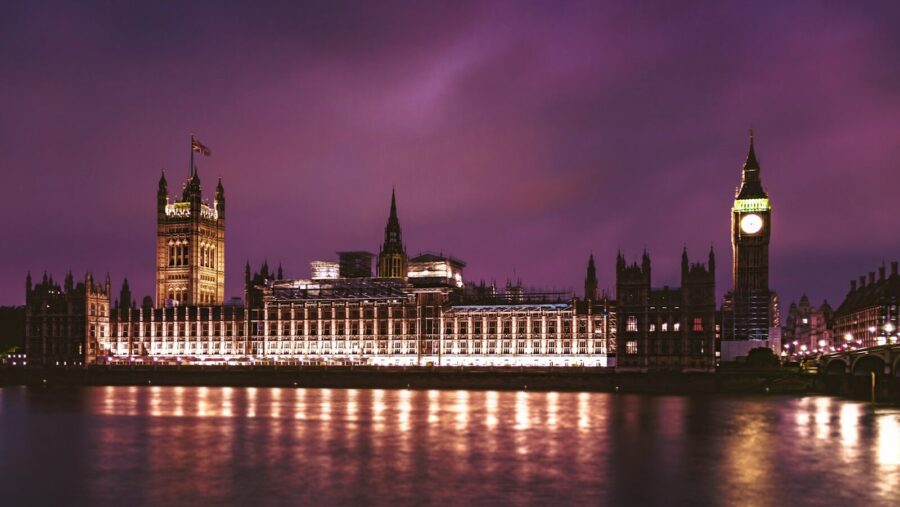Employers’ group the CBI is due to unveil figures which highlights the level of pension commitment by employers and asks the government to correct the perception that UK Plc is the ‘villain’ of the pensions’ crisis.
Digby Jones, Director-General of the CBI says that employer contributions rose by £19bn to £37bn between 1997 and 2003. He says this clearly demonstrates the strength of commitment to pensions by businesses while acknowledging that a “Molotov cocktail of circumstances’ has combined to undermine final salary provisions.
The comments precede the findings of the pensions report by former CBI Director-General Adair Turner, which is due to be published on Tuesday.
Digby Jones said: “My biggest hope for the Turner report is that it will serve as a wake up call that clearly illustrates the extent of the problem the country faces. It is time to pull heads out of the sand and start talking about credible solutions, rather than only beating up on employers.”
While lobbying for more support from government to handle the pensions’ crisis the CBI restate their opposition to pension compulsion saying the move could cost businesses up to £22 billion a year. It says firms would see it as a ‘tax on jobs’ while employees might resent being forced to invest in the stock market.
“Compulsion would present the government with a hostage to fortune. If an individual’s fund failed to deliver after compulsion, they might seek compensation from the government who had made them enter a scheme in the first place,” warns Digby-Jones.
The CBI suggests raising the state pension by 32%. This would match the level of the pensions’ credit, giving a rise from about £80 to £105 per week in today’s money. This, they say would eliminate pensions means testing and encourage more people on low incomes to save. They suggest this could be partly funded by raising the state pension age to 70 between 2020 and 2030.
Pointing to the disparity in fortune between public sector and private sector pensions, Digby-Jones highlights the ‘growing resentment’ among private sector workers, employers and council tax payers of the ‘unstainably expensive’ public sector pensions.
He is also unhappy that the government is over-optimistically presenting the Pensions Bill as a benefit to employers, when it is more likely to add to costs, referring to the decision to remove the dividend tax credit, which costs £5bn a year as a ‘grave mistake’
“Ministers must do nothing to add to employer costs if we are going to reinvigorate the UK’s voluntary system. I am confident we can get things back on track but only if employers, the government and individuals all accept their responsibilities.
“It is easy constantly to blame business but there are more firms working hard to resolve the problem than the government or unions give credit for,” he said.
The employers’ body goes onto say that businesses must play their part by modernising pensions by combining where appropriate parts of defined benefit and defined contribution schemes.








